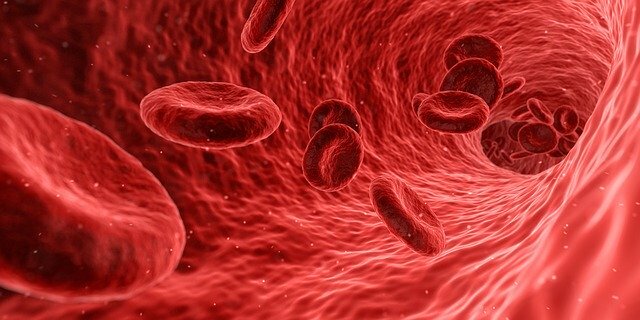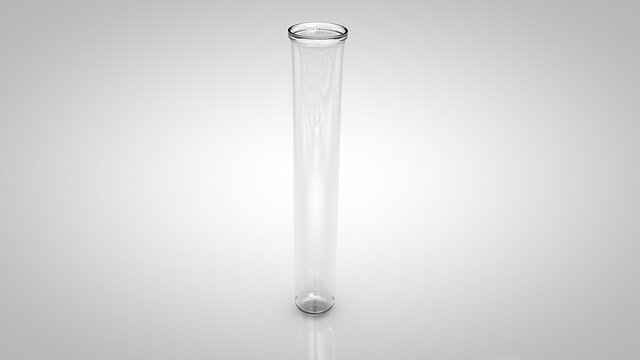

Q. I’m going to be getting a mastectomy, but am concerned that recovery will be difficult. Are there any procedures that can help me with this?
Individuals who have gone through a breast surgical procedure often have difficulty regaining full function of their arm or shoulder due to scar tissue. Midwest Health Strategies offers a Breast Surgery Recovery Program to help women regain normal functions. The process begins with a free screening to any woman who has had breast surgery for any reason. This screening measures any lack of motion, lack of strength or pain.
Q. How does rehabilitation therapy work?
Following surgery, there is often a buildup of scar tissue that inhibits freedom of movement. Gentle massage and stretching techniques are used in this area to reduce pain and increase function. Exercises can then be used to strengthen the muscles as they begin to lengthen. This treatment often takes place at the same time as chemotherapy or radiation treatments, so the patient can take an active part in helping to determine how much they are able to tolerate on a daily basis as there are changes.
Q. What other benefits does this therapy have?
Patients having trouble will be able to increase their range of motion and in many cases increase their functional strength for daily activities and be pain-free. Women can once again live a normal life free of overwhelming discomfort.
Q. Is a referral necessary to participate in the program?
Patients need to have a referral from their doctor. It can be their family doctor, oncologist, or any other physician.
Q. Is therapy necessary for all breast surgery patients?
No. Some patients are able to fully recover without rehabilitation therapy. Many people have breast surgery for a variety of reasons, the most frequent being cancer. Our free screenings are for anyone having breast surgery, whether it is cancer or benign. There are many who have the screening and then determine that therapy is not needed.

